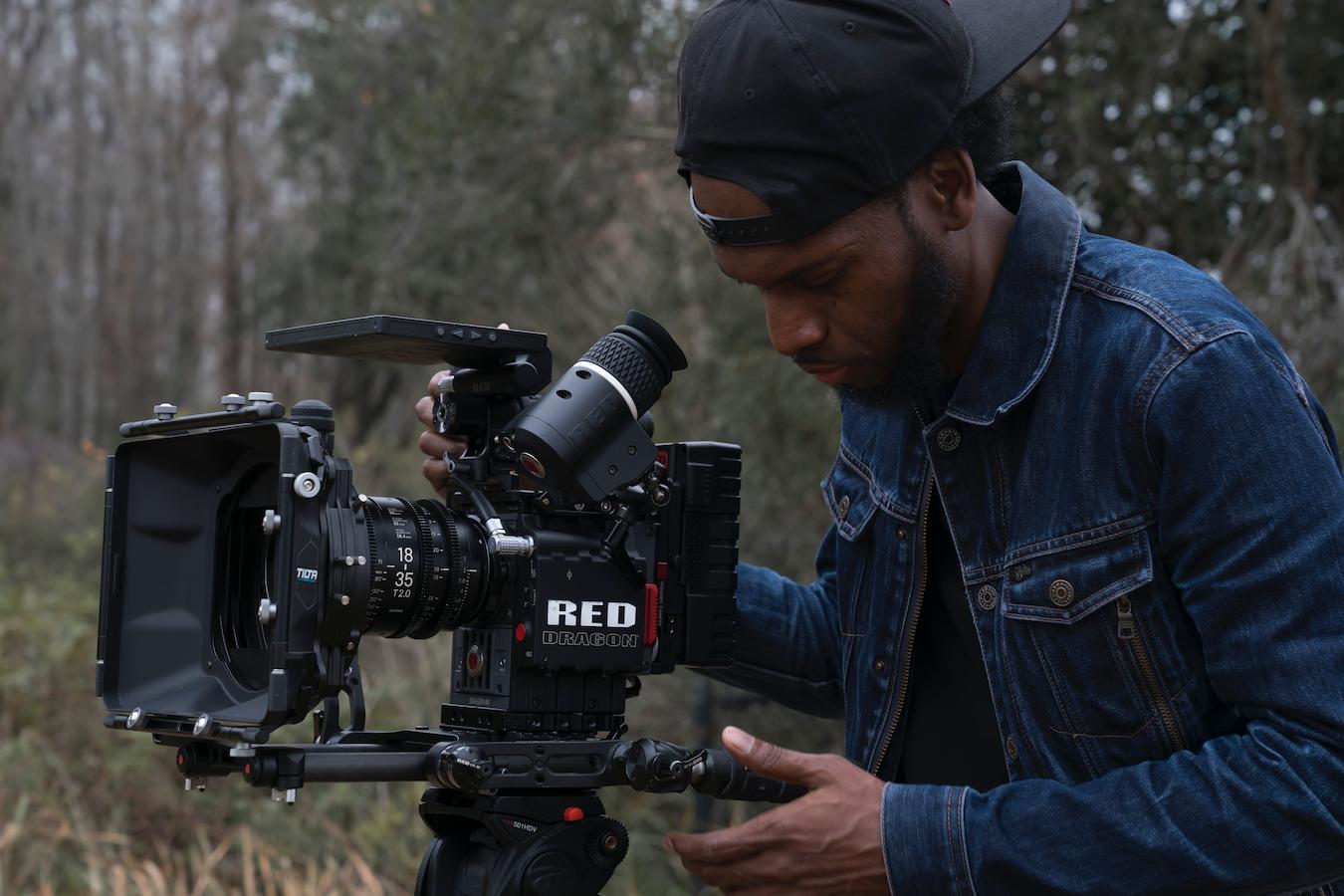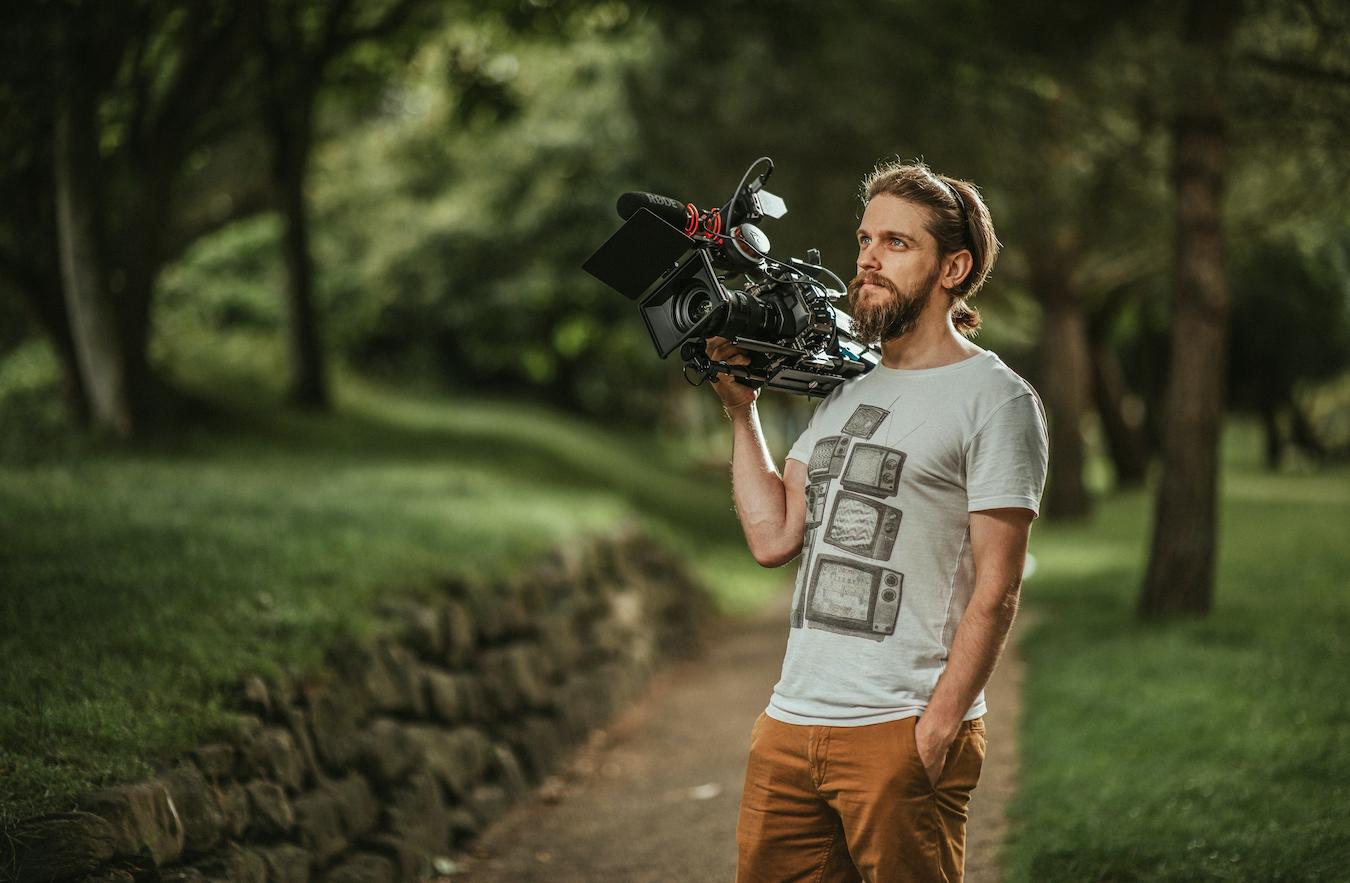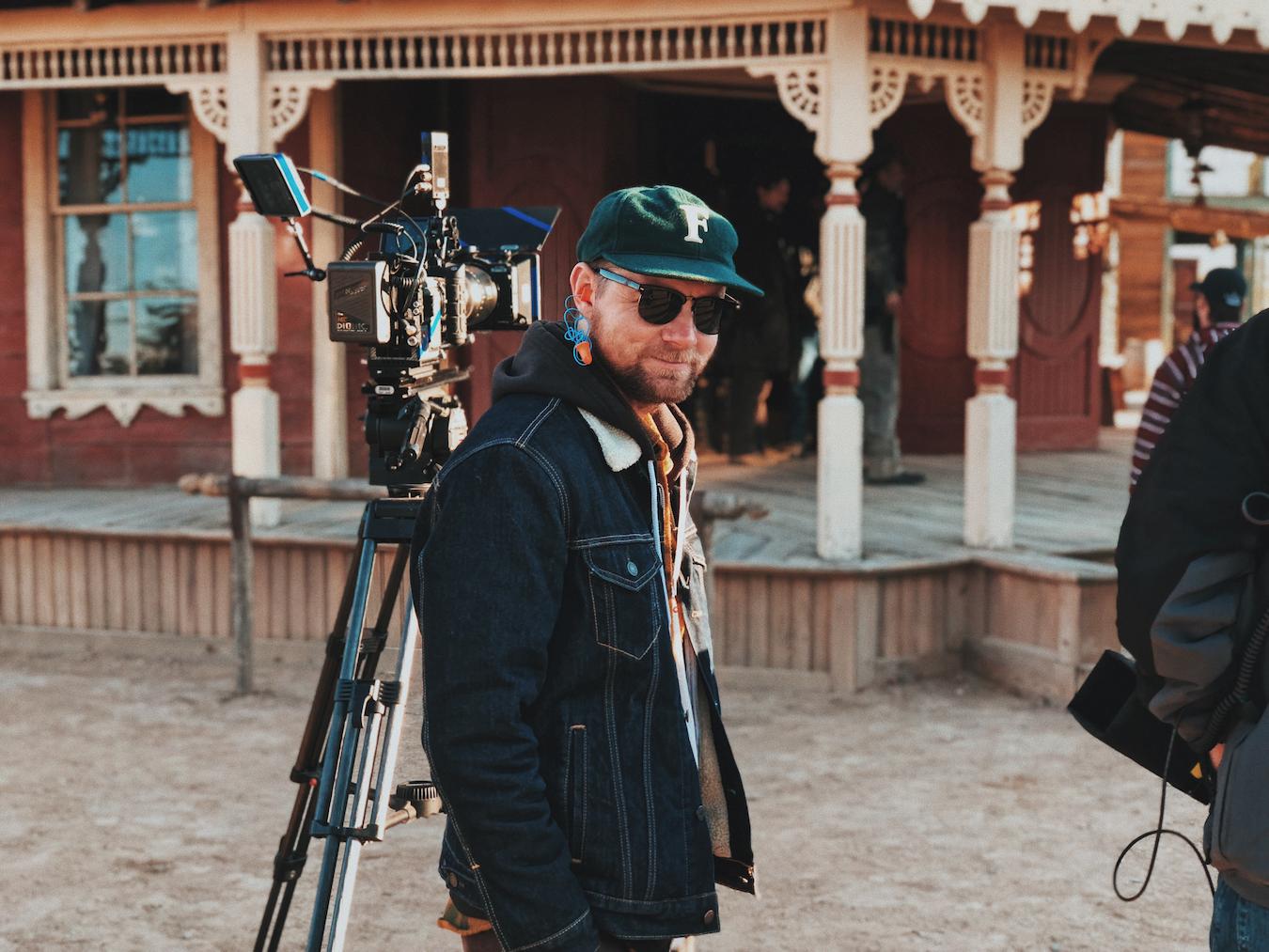When you think of the film industry, you likely conjure up the image of Hollywood. You know – bright lights, big sets, more money than you could ever imagine.
But not all movies are produced through the studio system. In fact, a number of beloved movies were made independent of the big wigs in corporate suits.
This is where we get the term independent filmmaking. The term can seem counterintuitive, and maybe even outdated, since filmmaking requires multiple people to work on it.
But this term is essentially used to differentiate indie films from Hollywood blockbusters. Then again, I guess the term “blockbuster” is a little outdated too.
Either way, independent filmmakers typically work with a low budget. But when I say low budget, I mean low for Hollywood.
Some independent films work with a few thousand dollars. But others work with a few million.
And that few million might not even factor in the cost of production insurance. So yeah.
A few million? That’s considered low.
To put it into perspective, films like Jason Reitman’s Juno had a budget of $6.5 million. And Danny Boyle’s Slumdog Millionaire had a budget of $15 million.
Even still, both of them are still considered independent films. But money is only one aspect that separates indie films from studio productions.
Still, many young directors and filmmakers will often start out with that independent spirit. So keep reading to learn about all that goes into independent film.
See Related: How To Get Into Documentary Filmmaking
The benefits of indie film

Creative agency
One of the biggest draws of independent film is being able to maintain creative agency. Commercial films made by major studios need to make money off of audiences.
But artists are not always after the money alone. With major companies in charge of the movie itself, it can be difficult for a filmmaker to speak up about their artistic vision.
They may find that major studios are more concerned about the film business. Not the art and life of the story.
In this way, an independent filmmaker can focus more on the artistic process of the script and story. And they don’t have to worry about big companies getting involved.
Not to mention, independent film directors don’t have to wait to get noticed. Becoming a director and getting recognized as a director can take quite some time.
Assembling your own crew
In the studio system, the crew and cast can feel like more of an assignment rather than a fun project. Producers might be interested in big names for the sake of marketing.
But that also means you have less say as a director on the project. Independent film allows you to make those kinds of choices though.
You can choose your own talent as opposed to having your talent assigned. And if you’ve been itching to work with that one filmmaker you went to school with, you absolutely can!
So now you know the benefits of independent film. But how do you go about making one?
How to make an indie film
Your independent film process will vary from other feature films – especially if you decide to do something like stop motion animation (did someone say tedious?). But below are some tips to get you started without the big-wig film companies.

#1. Secure the script
This sort of ties into the budget. But you’ll want to make sure that the story you’re presenting can fit within the confines of what you can produce financially.
Obviously, a science-fiction movie will require more money than a living room drama. So choose carefully.
#2. Figure out your budget
This is where the indie groan comes in. But here are the things you should be looking to fund.
You’ll need enough money to pay all people involved in the project. This means crew, actors, director, producer, and anyone else you manage to get on board.
Then you’ll need to fund equipment, locations, permit, and post-production. And if you’re lucky enough to get some time on a professional sound stage for a scene or two that requires something more technical, well then there is that expense too. It takes a lot to produce films.
And with all of this broken down, it probably makes more sense why low-budget indie films aren’t actually that low in budget. But the indie way is possible.
You just have to believe in the movie enough. Besides, with indie projects, you can be in charge of the media and distribution too.
There are plenty of ways to make sure your project ends up paying for itself. So use all the skills you didn’t know social media taught you.
And call on everyone you know to make a united front for your film. You’d be surprised at the number of folks willing to help you out.
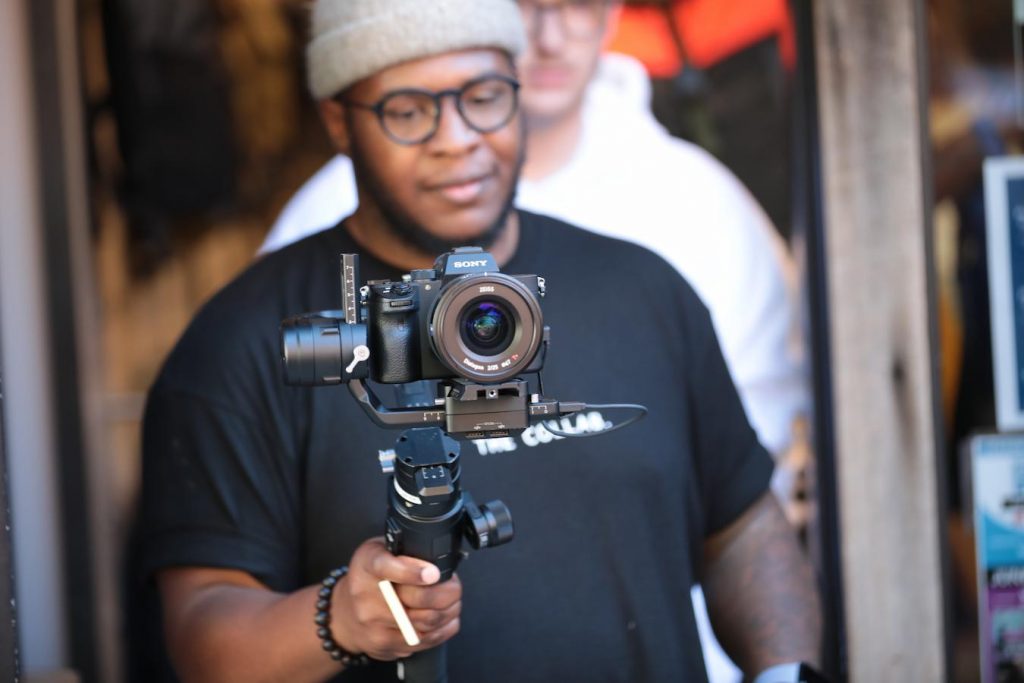
#3. Prep for your shoot
By now, you should have your crew and actors assembled. Oh, and you should also know who’s directing if it’s not you.
Working with a low budget means no time can be wasted. So create a production bible that will help you determine a shot list, scene layouts, character notes, and schedules.
This part of the process might look different if you’re making a documentary. But even still, having a plan of what you want produced is never a bad thing.
Contingency plans are also a must. Industry studios will often have most everything at their disposal.
But indie filmmakers must be much more innovative with their natural surroundings. Use natural light to your advantage.
Make sure you have the right sound equipment on set so you don’t have to invest in ADR. Wait for an actual rainstorm if that’s what the scene calls for.
Really, anything you can do to be proactive. The production of your movie does not need to meet studio standards.
There are still plenty of ingenious ways to get the shot you want. So make the outside world work for you by working with it.
Bonus: How to Become a Film Director
#4. Hire an editor for post-production
Seriously, you won’t regret it. Editors can turn a good movie into a great movie.
And they can finesse any indie elements you might not want to include. Who knows – they may even have a decent contact with a foley artist if you find yourself in need of such talent.
But then again, if you want your film to scream, “indie films!” then go for it.
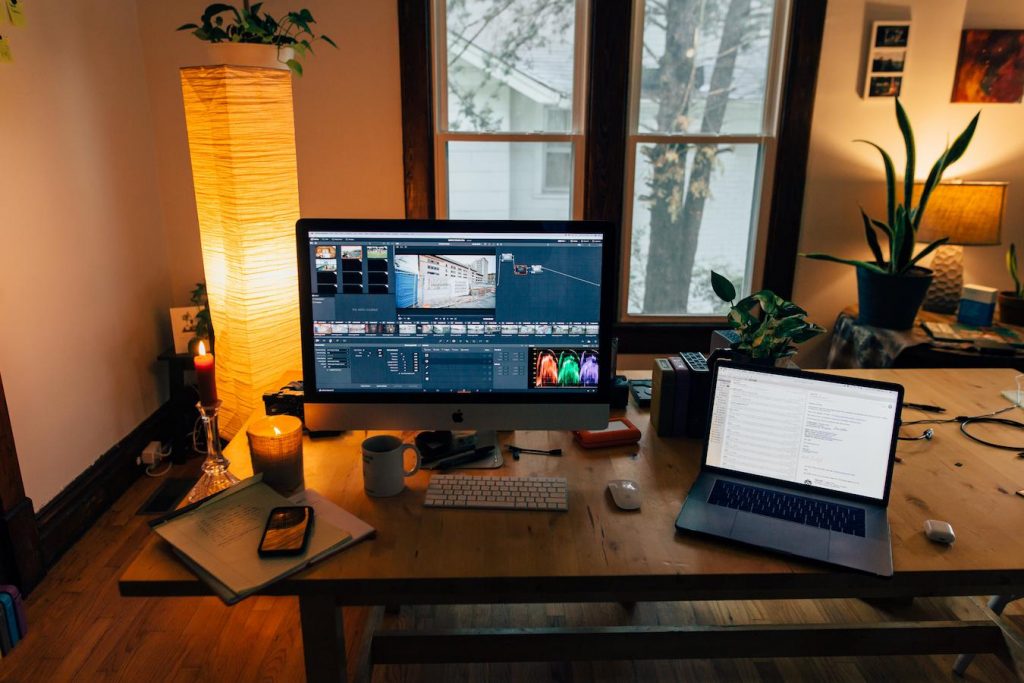
#5. Submit to film festivals
The best part of any film is being able to share it. So submit to a film festival or two.
Even submit multiple films to really get your name out there. Without a studio backing you, you are your own marketing.
Besides, film festivals give you a chance to meet others in the world of cinema. And you might even find the director for your next video shoot.
If you can, always submit early. Or, at least, submit soon.
This is your chance to get hooked up with a film company who wants to screen your movie around the world. So believe in the power of independent cinema.
Don’t feel like you have to give in to the studio system. You can create a life of your story made outside the traditional realms.
So get to work. Get produced. And share your spin on cinema with the world.
Keep Reading: How To Get Into Film Festivals
–
Mack Sennett Studios is a historic full-service photography studio, production sound stage, and private event space in Silver Lake, serving as creative home to the Los Angeles cultural renaissance for the last 100 years. Check us out on Facebook, Twitter, Vimeo, Pinterest, Yelp and Instagram.

